As parents of young children, we have all heard the recommendation to limit screen time (television, tablets, smartphones, etc.) as much as possible. For most of us, adhering to such limits has proven challenging at times.
But recently, the American Academy of Pediatrics shifted its stance and it now distinguishes between different types of screen time (i.e. TV versus using video chat). The AAP also discusses how we expose our kids to screen time, recommending that caregivers “co-view media” (i.e. watch it with their children) to help children understand what they are seeing.
Looking at how we use screens with our kids is important. Generally speaking, if we use screens as a tool, both parents and children come to rely on screens. For example, many parents rely on screens to help calm their children when they are upset or to get their child to sit still. Such reliance, while effective in the moment, can also limit a child’s opportunity to develop age-appropriate skills.
Giving your children the chance to build these skills to use in a variety of situations may mean changing your perspective on screen time. In the early childhood mental health community, we talk a lot about self-regulation, which can be broken down into three components that work together to help us stay regulated: cognitive (focusing our attention and thoughts), emotional (staying calm, recovering when upset), physiological (managing our behaviors and actions).
Building self-regulation skills takes practice – and screens can interfere with that skill-building. For example, if parents and children get into the habit of putting on a YouTube video anytime the child gets upset, the child is not learning to use their brain or body to help them calm down on their own. Furthermore, with young children, they are not learning to use their social skills with those around them (often parents) to calm themselves. Similarly, children who come to rely on screens to help them sit at the dinner table, stay in their crib or sit in a waiting room are not getting the opportunity to practice these self-regulatory skills.
Self-regulatory skills are important because they form the foundation of skills that are valuable in school, like sitting calmly and paying attention to a teacher. Attention/self-regulation is often referred to as “the foundation of learning,” as all other academic skills rely on the ability to pay attention. We can help our children develop these skills by relying less on screens and giving them the chance to regulate in more independent or social ways.
It’s not just self-regulation skill building that takes a hit when children spend a lot of time in front of screens. Rather than relaxing them, as parents might hope for, screen time actually overstimulates and distracts their brains, which can create a bigger problem for families that rely on screens in order to get their kid to sit quietly. Even though the child’s body is not active when watching screens, the brain is absorbing intense, fast-moving stimulation via the eyes and ears. If we teach a child to use television or tablets as a method to calm or rest, we are teaching them that the only way to calm their bodies is to overstimulate their brains. Their brains get used to this type of stimulation and, over time, the children can get less and less interested in experiences that are not as stimulating (i.e. simple toys, books, following along with a teacher, etc.).
Screen time can have such an intense effect on the brain that, even after we turn off the TV or other device, the brain keeps firing as if it were still watching it. That’s why screen time at night can affect the quality of sleep or the ability to fall asleep, even after turning it off.
Parents can lead by example within their families, reducing personal screen time use in favor of more face-to-face interactions with their children and other family members. By helping our children develop these self-regulatory skills, they will be better equipped to handle whatever situation they may face – at home, at school or in other social situations. By changing our screen time habits, and working on age-appropriate behavioral responses when their brains are developing, we give our children the best chance to thrive at school and throughout their lives.
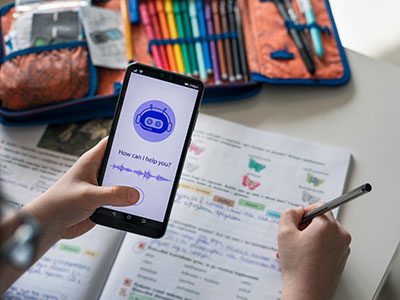 https://riseandshine.childrensnational.org/wp-content/uploads/2025/10/using-AI-for-homework-feature.jpg
300
400
webteam
https://riseandshine.childrensnational.org/wp-content/uploads/2017/11/childrens_riseandshine_logo.jpg
webteam2025-10-02 13:04:372025-12-10 13:12:48Helping kids navigate AI safely
https://riseandshine.childrensnational.org/wp-content/uploads/2025/10/using-AI-for-homework-feature.jpg
300
400
webteam
https://riseandshine.childrensnational.org/wp-content/uploads/2017/11/childrens_riseandshine_logo.jpg
webteam2025-10-02 13:04:372025-12-10 13:12:48Helping kids navigate AI safely



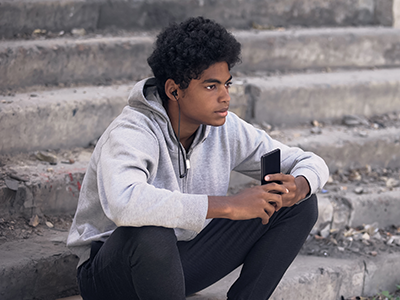
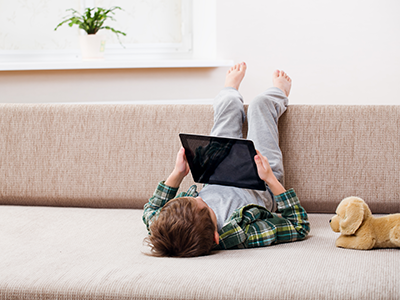
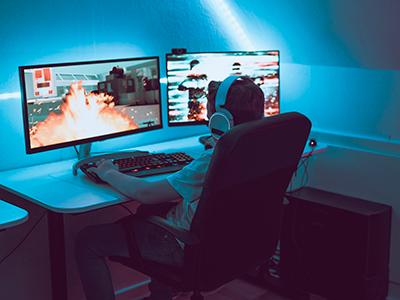








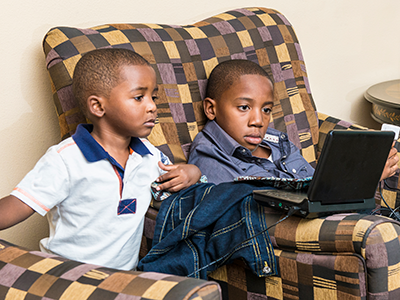
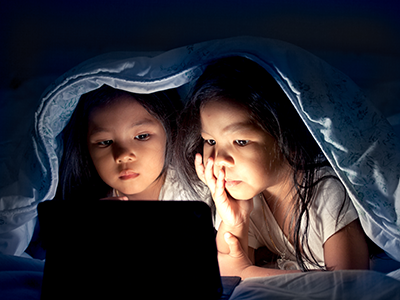
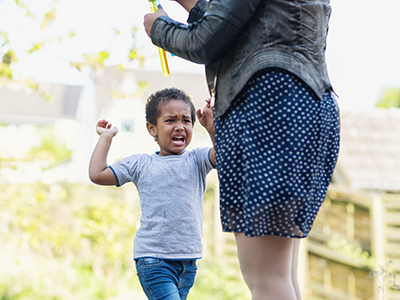

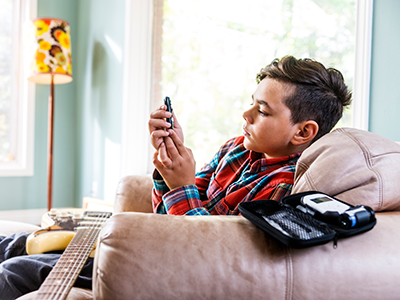


Leave a Comment
Want to join the discussion?Feel free to contribute!